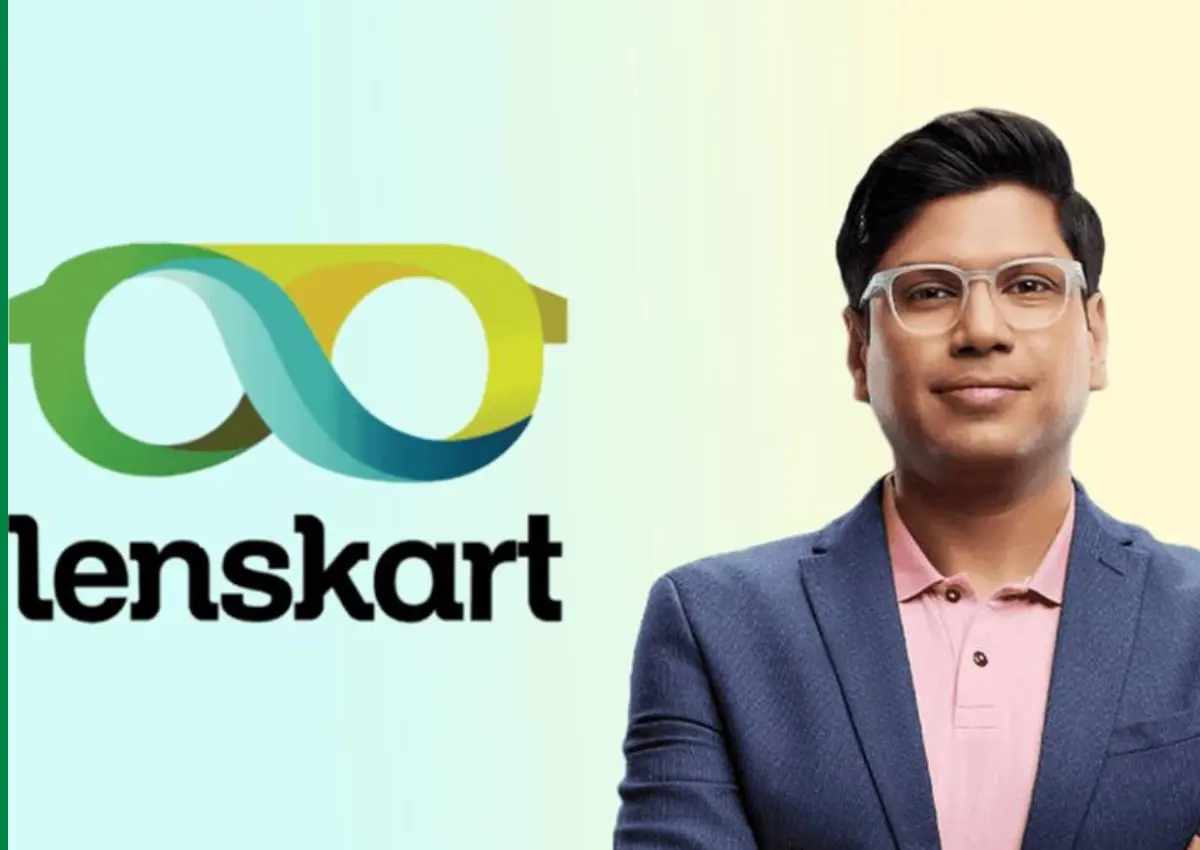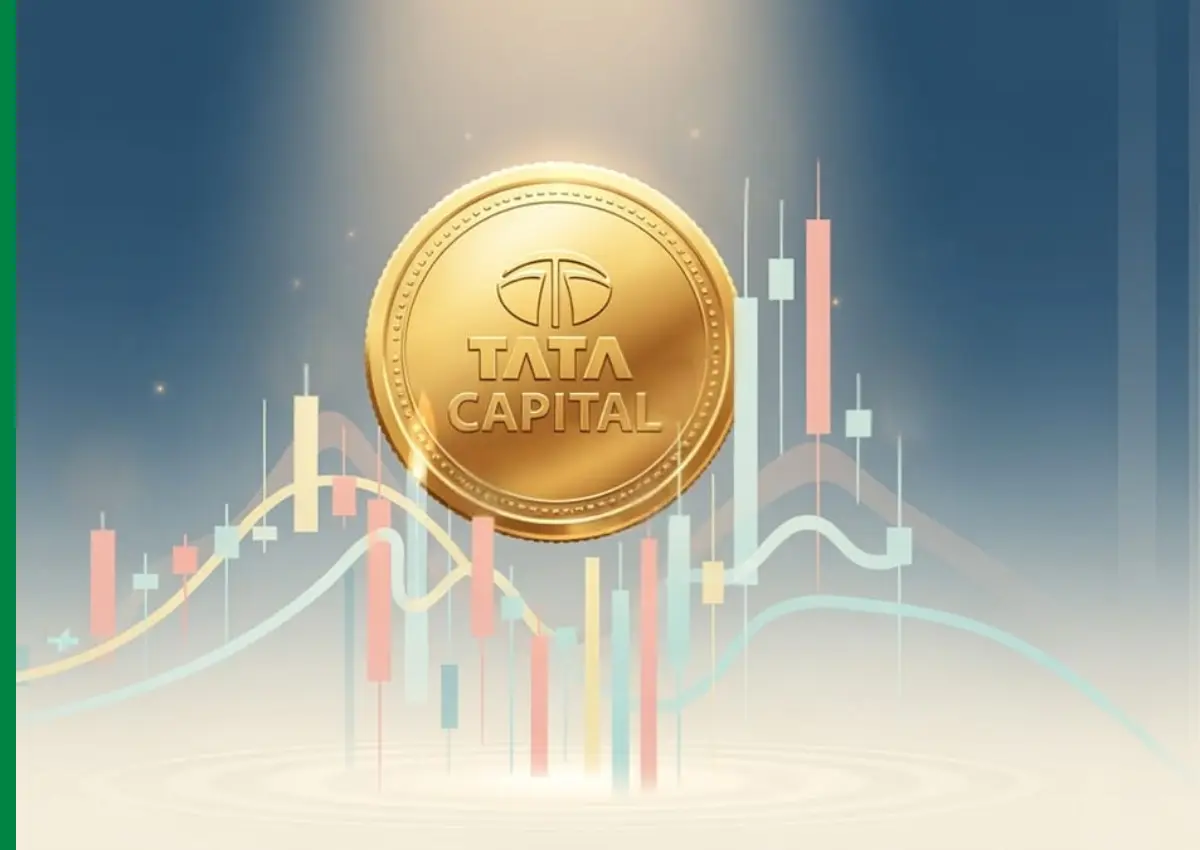The landscape of innovation is evolving, and Kerala is leading this transformation with its groundbreaking approach to entrepreneurship and technology development. The Kerala Startup Mission (KSUM) recently hosted the inaugural Kerala Innovation Festival on July 25-26, 2025, at its Innovation Hub in Kalamassery, marking a significant shift in how we perceive and celebrate innovation in India.

What Makes the Kerala Innovation Festival Unique?
Unlike traditional startup events that focus solely on technology and venture capital, the Kerala Innovation Festival embraces a holistic view of innovation. This two-day extravaganza attracted over 10,000 participants, representing a diverse ecosystem that extends far beyond conventional startup boundaries.
The festival’s unique positioning lies in its inclusive approach to innovation. As KSUM officials explain, “We wanted to bring together not just startups, but also thinkers, researchers, students, artists, and collectives—all those who are shaping the wider ecosystem.” This philosophy reflects a mature understanding that innovation happens at the intersection of multiple disciplines.
Key Highlights of the Innovation Festival
Comprehensive Exhibition Experience
The festival featured over 100 product exhibitions, showcasing innovations across various sectors. From cutting-edge AI solutions to sustainable technology implementations, participants experienced the full spectrum of Kerala’s innovation ecosystem. The exhibition zones were designed to encourage interaction and knowledge sharing among attendees.
Specialized Summit Sessions
Three curated summits stood out as festival highlights:
She Leads Summit: Addressing gender equity in innovation and entrepreneurship, this summit provided a platform for women leaders to share insights and inspire the next generation of female innovators.
Gen AI for All: Focusing on democratizing artificial intelligence, this summit explored how AI can be made accessible and beneficial for diverse communities and industries.
Sustainable Development Summit: Connecting innovation with environmental responsibility, this session highlighted how technology can address climate challenges and promote sustainable growth.
Climate Innovation Takes Center Stage
One of the most significant aspects of the festival was its emphasis on climate-conscious innovation. The event featured a dedicated flea market showcasing climate-conscious brands and circular economy models, demonstrating that sustainability and business success can coexist.
Maatam, a Kochi-based collective specializing in design, sustainability, and storytelling, played a crucial role in shaping this programming. Visakha G Raj from Maatam emphasized, “The future of sustainability is through technology. But we want to showcase what’s possible, even if it’s small-scale.”
This approach recognizes that innovation isn’t limited to high-tech solutions. As Raj noted, “You don’t need to be a brand or a business to participate in climate action. You could be someone who composts or someone who repairs clothes. That’s also design thinking. That’s also innovation.”
Climate Action Discussions
Two pivotal discussions, titled ‘What Can I Do?’ and ‘What Can We Do?’, brought together climate communicators, renewable energy practitioners, behavioral design experts, and community architects. These sessions explored both individual and systemic responses to climate concerns, providing actionable insights for participants.
KSUM—Driving Kerala’s Innovation Ecosystem
The Kerala Startup Mission, formerly known as Technopark TBI, serves as the state’s nodal agency for entrepreneurship development. Under the Government of Kerala, KSUM has established itself as a comprehensive support system for startups and innovators.
Core KSUM Programs
Incubation Excellence: KSUM’s structured three-stage incubation process guides startups from idea generation through pre-incubation, incubation, and acceleration phases. This systematic approach ensures startups receive appropriate support at each development stage.
KSUM-EY Accelerator: The partnership with Ernst & Young has created a world-class Business & Technology Accelerator at KINFRA Film & Video Park in Thiruvananthapuram, providing comprehensive support services for selected Kerala-based startups.
Knowledge Labs Network: KSUM democratizes access to advanced technology through its FabLab, AI Labs, XR Labs, and Design Labs, enabling rapid prototyping and research and development.
Revolutionary Super Fab Lab
Kerala made history in 2020 by inaugurating India’s first Super Fab Lab in Kochi, developed in collaboration with MIT. This 10,000 square foot facility, equipped with machinery worth over ₹7 crore, represents the only Super Fab Lab outside the United States, positioning Kerala as a significant global technology hub.
Diverse Speaker Lineup Reflects Innovation’s Broad Scope
The festival’s speaker lineup demonstrated the event’s commitment to diverse perspectives on innovation.
Notable speakers included:
- Technology Leaders: Infosys co-founder Kris Gopalakrishnan and IT special secretary S Sambasiva Rao
- Entertainment Industry: Actors Nivin Pauly, Dhyan Sreenivasan, and Nikhila Vimal, along with film producer Sophia Paul
- Business Leaders: CEOs and Managing Directors from Ease My Trip, VKC Group, Matrimony.com, and Brahmins Foods
- Policy Makers: State Planning Board member Mini Sukumaran
This eclectic mix reinforces the festival’s message that innovation transcends traditional industry boundaries.
Interactive Learning and Engagement
The festival prioritized hands-on learning through various interactive zones:
- Maker Zone: Encouraging DIY innovation and creative problem-solving.
- Robotics and Drone Demonstrations: Showcasing the latest in automation and unmanned systems technology.
- Food Festival: Celebrating culinary innovation and local entrepreneurship.
- Music Festival: Recognizing creative industries as innovation drivers.
- Mega Innovation Tour: Providing comprehensive insights into Kerala’s innovation ecosystem.
Future Implications for Kerala’s Innovation Landscape
The Kerala Innovation Festival represents more than a single event; it signals a strategic shift in how the state approaches innovation and entrepreneurship. By expanding the definition of innovation to include sustainability, social impact, and creative industries, Kerala is positioning itself as a holistic innovation hub.
This approach aligns with global trends recognizing that tomorrow’s challenges require interdisciplinary solutions. Climate change, social inequality, and technological disruption demand innovators who can think beyond traditional silos.
Final thoughts
The first Kerala Innovation Festival was able to prove that innovation ecosystems are becoming very successful when being inclusive of diversity, sustainability, and social responsibility. The unification of technologists, artists, entrepreneurs, and activists has resulted in a new model that can be followed by other states and other countries.
With the ongoing development of such initiatives as the Super Fab Lab, LEAP Coworks, and full-fledged incubation services, the state is becoming one of the leaders in smart innovation. The success of this festival demonstrates that the more we broaden our knowledge of innovation, the more chances we have to positively change this world and make our growth sustainable.
To entrepreneurs, investors, and innovation enthusiasts, the Kerala way presents important inputs in the development of inclusive and sustainable innovation ecosystems that would deal simultaneously with reality and contribute to economic prosperity.



